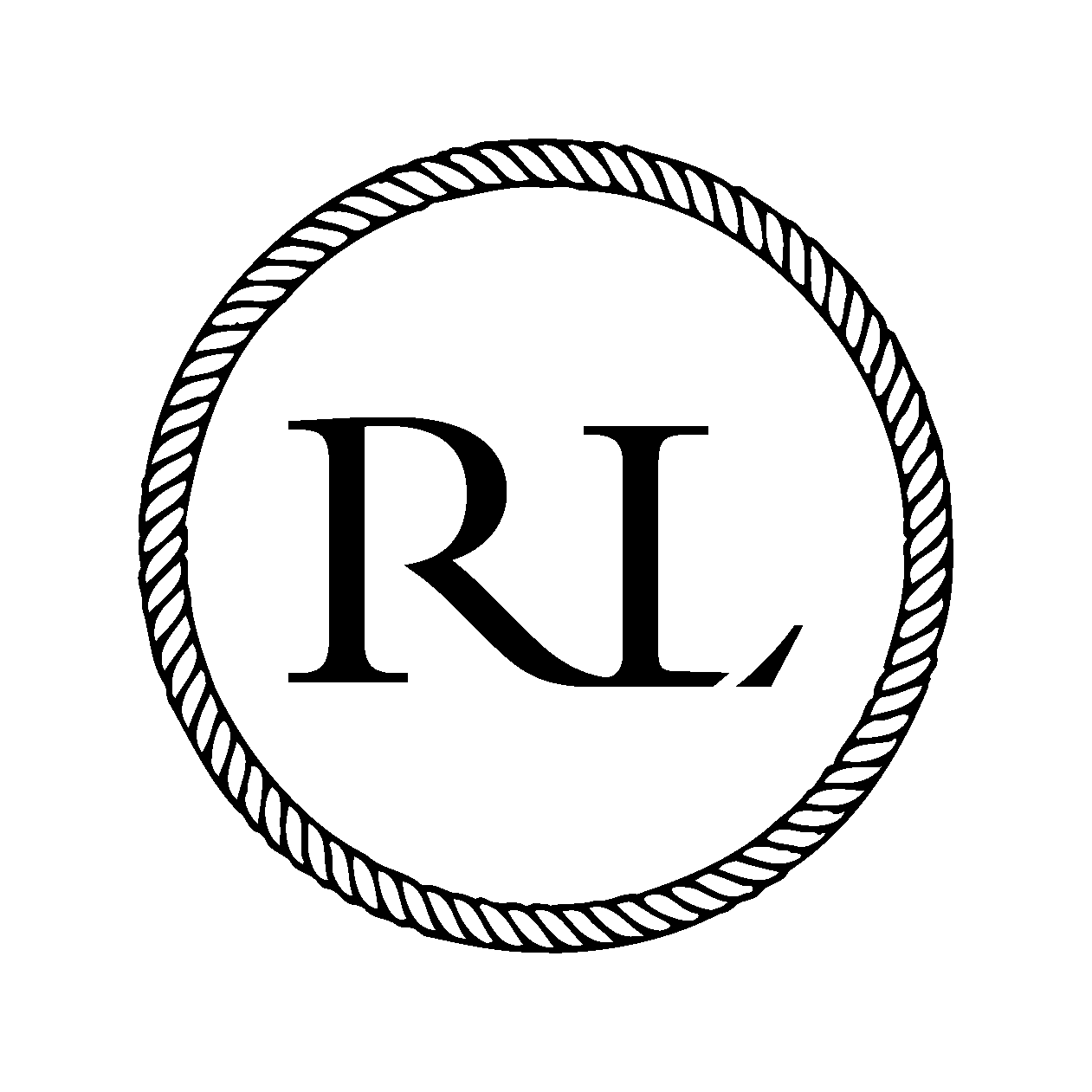Risks and limitations of rhinoplasty surgery
The risks associated with rhinoplasty surgery in experienced hands are low. If you are contemplating surgery to your nose, then there are some possible risks or complications you should be aware of. Mr Lakhani will discuss these carefully with you during your appointment to ensure you are fully informed prior to surgery.
You can expect a small amount of bleeding from the nose which lasts for a few days after surgery. This can often be managed with dabbing the nose gently with a tissue. We will provide you with a nasal rinse to be used after surgery to help keep the nose clear and aid healing. Significant bleeding from the nose is unusual and rare.
The nose has an excellent blood supply and therefore infections within the nose after surgery are relatively unusual. If you develop any worsening discharge or fevers after surgery, then please contact us immediately.
With any surgery there is a risk of scar tissue formation although significant scar tissue in rhinoplasty is not common. The cuts made in the skin to perform the rhinoplasty are usually very small and, overall, heal very well.
Satisfaction rates with rhinoplasty are generally very high and it is important to have a realistic idea of what is achievable with surgery. It is possible to make significant improvements in the shape or function of the nose. Although every effort will be made to give you the best possible outcome, achieving the ‘perfect’ nose may not be possible and asymmetry of the nose may persist. During your consultation, Mr Lakhani will be able to advise on the most realistic, achievable outcomes for your rhinoplasty. Furthermore, it is critical to understand that part of the outcome and result with rhinoplasty surgery is dependant upon the healing process. This can be influenced by other medical problems and Mr Lakhani will discuss this with you prior to surgery. Keeping healthy, maintaining a balanced diet and avoiding smoking can help minimise these risks.
As with any surgery there is a small possibility of needing revision or further surgery. The rates of revision surgery are generally low and usually only necessitate minor adjustments to further refine the shape when this is needed.
Occasionally you can develop a tiny bump which you can feel under the skin which usually is not visible on the nose after a rhinoplasty. These very rarely cause a problem and they can be addressed if necessary.
The nasal septum is the piece of tissue which divides your nose into a left and right side. It is made of cartilage. During your rhinoplasty procedure you may require straightening of the cartilage in the nasal septum or the cartilage may need to be harvested for grafting to other areas of the nose. Very rarely this can lead to a hole in the partition of the nose which is not visible externally. This often causes no problems but if it does then there are treatments available for it.
If the nose if opened as part of your surgery the skin will become numb. This recovers over a period of one year after surgery. The feeling on the skin on the tip of the nose can take the longest to come back.
Your nose can feel slightly stiff or firm after surgery particularly if you had problems with a droopy tip prior to surgery. You may also feel like your upper lip is tighter than normal when you smile but this generally settles with time.
The skin on your nose will tan more quickly after surgery for around a year after surgery. It is therefore very important you wear extra sun protection in the summer months.
Temporary sense of smell problems and nasal blockage are relatively common after surgery as the nose becomes swollen on the inside. This usually settles a week or two after surgery and long lasting or permanent problems are rarer.
The initial assessment and discussion with your surgeon are vital in ensuring a smooth recovery after your surgery. You may benefit from a discussion with a psychologist prior to surgery to ensure your mental well-being is optimised before and after surgery. In some cases, Mr Lakhani may recommend against proceeding with a rhinoplasty procedure as surgery can have a negative effect upon psychological problems such as body dysmorphic disorder. Mr Lakhani works alongside very experienced psychologists and if needed you will be referred to them for input. Together you can ensure that your overall health is kept as the top priority.
